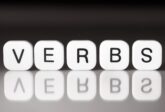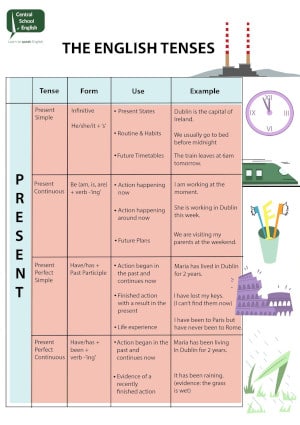Relative Pronouns What and Whose

Are you sometimes unsure what you want to say in English? Are you someone whose language skills could be improved with more information about Relative Clauses and Relative Pronouns? Then read on! This post is going to explain the two relative pronouns What and Whose.
We’re going to take a look at what they mean and how we can use them in relative clauses. Let’s go.
Relative Clauses and Relative Pronouns
Firstly, let’s quickly recap what Relative Clauses are. Relative clauses are parts of a sentence which describe or give information about a noun. For example:
‘He is the man who broke the chair’
In this sentence ‘the man’ is a noun and ‘who broke the chair’ is a relative clause. The relative clause in this sentence gives us information about the noun. It tells us that the man broke it.
Relative clauses always immediately follow the noun that they describe
For example:
‘She is the girl who broke her leg’.
‘The table which is brown’.
‘The window that is open’
In terms of Relative Pronouns we use:
Who for people
Which for things or animals
That for people, things or animals.
The Relative Pronoun 'What'
So moving on to the pronoun ‘what’. We use the relative pronoun ‘what’ when we do not mention the noun that we are describing.
For example:
‘I heard what you said’
In this sentence we use the relative pronoun ‘what’ because I do not mention the thing I am describing – the words/idea that you said.
Here is another example:
‘I like what you are wearing’
We use the relative pronoun here because we do not mention the clothes that you are wearing.
Some other examples are:
‘I know what they cooked’
‘He understands what she wrote’
The most important thing to remember is that the relative pronoun ‘what’ can only be used when there is no noun to describe. A common mistake that students make, and indeed English-speaking children sometimes make this mistake until they learn otherwise, is to say something like this:
‘I really like the food what you made last night.’ – INCORRECT
‘I really like the food that you made last night.’ + CORRECT
This is a mistake because we have a noun – ‘food’ and so the correct relative pronoun to use is either ‘which’ or ‘that’ (because ‘food’ is a thing). If we do not use the noun ‘food’, then we should use the relative pronoun ‘what’ and say:
‘I really like what you made last night.’
The Relative Pronoun 'What'
The Relative Pronoun What is used in a Relative Clause when there is no noun to describe.
e.g. I don’t know what I’m going to eat tonight.
The Relative Pronoun 'Whose'
Moving onto the relative pronoun ‘Whose’. We use the relative pronoun ‘whose’ at the beginning of a relative clause instead of using a possessive adjective. The possessive adjectives in English are my, your, his, her, its, our, your and their’.
Look at these two sentences:
‘I have a brother. His car is red’
We can join these two sentences to make one sentence by using the relative pronoun ‘whose’:
I have a brother whose car is red
You can see that the relative pronoun ‘whose’ has replaced the possessive adjective ‘his’. When we form a sentence like this we must use ‘whose’ instead of the possessive adjective.
Another example:
‘She has a bicycle. Its tyres are flat’ becomes ‘She has a bicycle whose tyres are flat’.
‘John has a dog. His tail is black.’ becomes ‘John has a dog whose tail is black’
The Relative Pronoun 'Whose'
The Relative Pronoun Whose is used in a Relative Clause instead of possessive adectives (my, your, his, her, its, our, their).
e.g. Could the person whose car is parked outside please move it as it is blocking the entrance.
Test Yourself

Want to know about some more relative pronouns? There’s a guide for using the relative pronouns ‘who’ and ‘whom’ here.
Thank you for reading our post. You’ll find more English grammar tips elsewhere on our site and if you’d like information on our online English courses live from Dublin, please do not hesitate to contact us.






